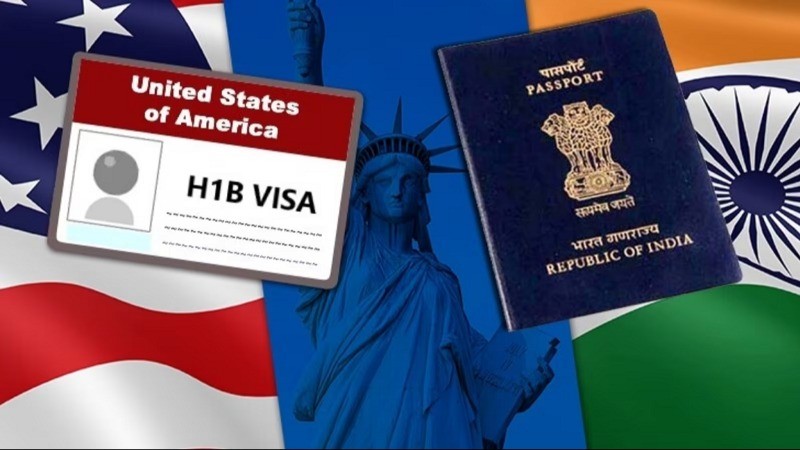
WASHINGTON: The United States is currently facing a significant workforce shortage, particularly in the technology and manufacturing industries. In this scenario, the H-1B visa program has emerged as a lifeline for driving economic growth and fostering innovation. With projections showing a shortfall of 1.2 million tech workers by 2026 and nearly 1.9 million unfilled manufacturing jobs by 2033, experts believe that scaling back or eliminating H-1B visas could worsen the situation dramatically.
The Critical Role of H-1B Visas
The H-1B visa program allows U.S. companies to employ skilled foreign professionals in fields such as technology, engineering, and healthcare. These workers address crucial gaps left by a shortage of domestic talent. Industries like artificial intelligence, cloud computing, data analytics, and semiconductor manufacturing depend heavily on these international experts.
A study by Oxford highlights that U.S. universities fall short by 170,000 computer science graduates annually compared to market demand. Moreover, surveys reveal that 66% to 90% of employers struggle to find adequately skilled workers. Foreign professionals under H-1B visas play a key role in bridging this talent gap.
The Economic Impact
The tech sector in the U.S. is expanding at twice the rate of the overall workforce, with an annual demand for 350,000 tech workers expected until 2034. At the same time, manufacturing jobs increasingly require advanced skills in software and data analytics fields where domestic talent is insufficient.
If the workforce gap is not addressed, industries crucial to the U.S. economy could face disruptions, slowing technological progress and diminishing the country’s global competitiveness. Since 2019, immigration programs like H-1B have been the primary drivers of U.S. labor force growth, further underscoring their importance.
A Political Tightrope
During his administration, former President Donald Trump sought to reform the H-1B visa program, citing concerns over job competition and wage suppression. However, the economic realities tell a different story. Reducing access to H-1B visas could widen the skills gap, disrupt business operations, and stifle innovation in sectors essential to national and global leadership.
For the U.S. to maintain its competitive edge, it must strike a balance between developing its domestic workforce and leveraging strategic immigration policies. The H-1B visa program is far more than a temporary solution--it is a cornerstone of America’s economic stability and growth.
The message to policymakers in Washington is clear: cutting back on H-1B visas is a gamble the U.S. economy cannot afford to take. With workforce demands growing and innovation at stake, the program remains an indispensable part of the nation’s future.